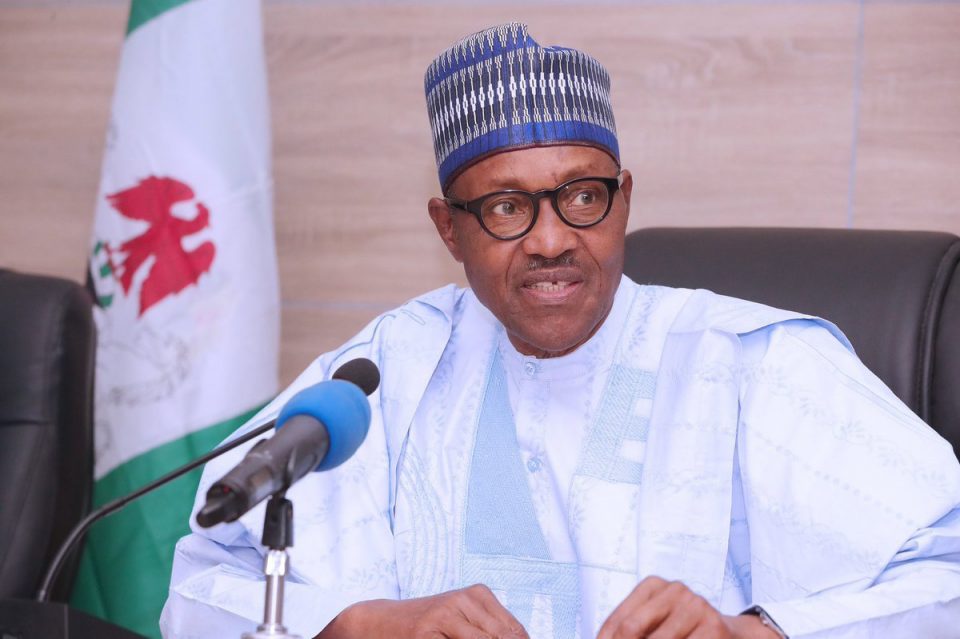German giant, Siemens stepped into the Nigerian electricity industry, officially on Monday, to tackle a problem, which has defied almost all solutions in the past decades.
The move is coming with President Muhammadu Buhari, sounding confident that Nigeria would get it right this time through the effort, which he said, commenced with his interaction with his German opposite side Angela Merkel in Nigeria, last year.
Thanking the Germany deligation, who was in Nigeria to sign the agreement that would give Siemens a large chunk of participation in the ailing industry, Buhari, told the team that he believed their coming would induce induce significant project to dramatically improve the quality of Nigeria’s electricity supply.
He said: “ I recall my meeting in late August, last year, with Chancellor Merkel here in Abuja, when both our Governments committed to future cooperation to support economic growth and development in Nigeria. We were clear that fixing the power sector was a key priority for this administration.
“ It was during that event that Mr Joe Kaeser, CEO of Siemens AG committed to working with Nigeria to develop a feasible roadmap to modernise our electricity grid with support from the German Government.
“We all know how critical electricity is to the development of any community or indeed any nation. And in Nigeria, whilst we are blessed to have significant natural gas, hydro and solar resources for power generation, we are still on the journey to achieving reliable, affordable and quality electricity supply necessary for economic growth, industrialisation and poverty alleviation.
“There have been many attempts at solving the electricity problem in our country. Previous Governments have explored State funded solutions through the ill prepared National Independent Power Projects. They also explored the installation of large emergency power projects. There was also the partial privatisation of the power generation and distribution sectors.
“These various interventions to solving the electricity problem have yielded an imbalance between the amount of power generated and the amount available for consumers. Despite over 13,000 megawatts of power generation capacity, only an average of 4,000 megawatts reliably reaches consumers.
“Now, we have an excellent opportunity to address this challenge. This Government’s priority was to stabilise the power generation and gas supply sector through the Payment Assurance Facility, which led to a peak power supply of 5,222 MW. Nonetheless, the constraints remained at the transmission and distribution systems.
“This is why I directed my team to ask Siemens and our Nigerian stakeholders to first focus on fixing the transmission and distribution infrastructure – especially around economic centres where jobs are created.
“Whilst it was evident that more needed to be done to upgrade the sub-transmission and distribution system, our Government was initially reluctant to intervene as the distribution sector is already privatised.
“I am therefore very pleased with the positive feedback from private sector owners of the distribution companies, who have all endorsed Government’s intervention to engage Siemens on this end-to-end plan to modernise the electricity grid.
“Our goal is simply to deliver electricity to Nigerian businesses and homes. My challenge to Siemens, our partner investors in the Distribution Companies, the Transmission Company of Nigeria and the Electricity Regulator is to work hard to achieve 7,000 megawatts of reliable power supply by 2021 and 11,000 megawatts by 2023 – in phases 1 and 2 respectively.
“After these transmission and distribution system bottlenecks have been fixed, we will seek – in the third and final phase – to drive generation capacity and overall grid capacity to 25,000 megawatts.
“With our strong commitment to the development of Mambilla Hydroelectric and the various solar projects under development across the country, the long-term power generation capacity will ensure adequate energy mix and sustainability in the appropriate balance between urban and rural electrification.
“Our intention is to ensure that our cooperation is structured under a Government-to-Government framework. No middlemen will be involved, so that we can achieve value for money for Nigerians. We also insist that all products be manufactured to high quality German and European standards and competitively priced.
“This project will not be the solution to ALL our problems in the power sector. However, I am confident that it has the potential to address a significant amount of the challenges we have faced for decades.
“It is our hope that as the power situation improves, we will improve investor confidence, create jobs, reduce the cost of doing business and encourage more economic growth in Nigeria.”




